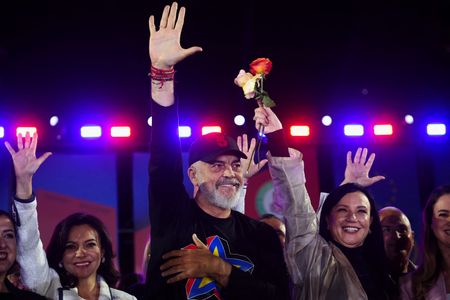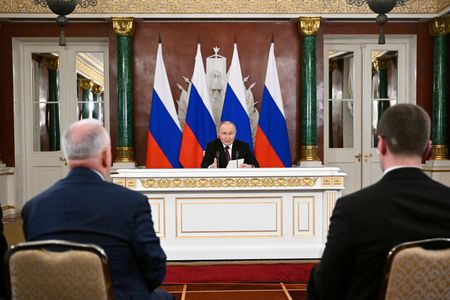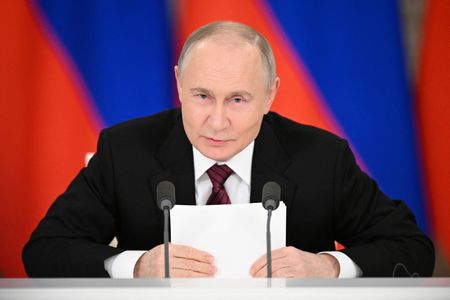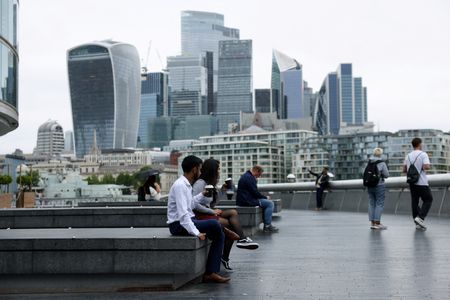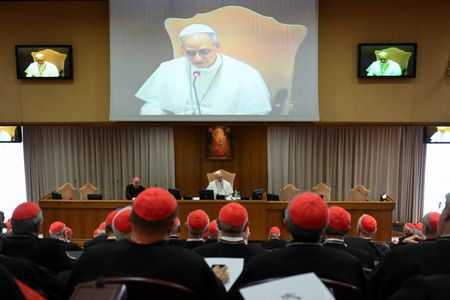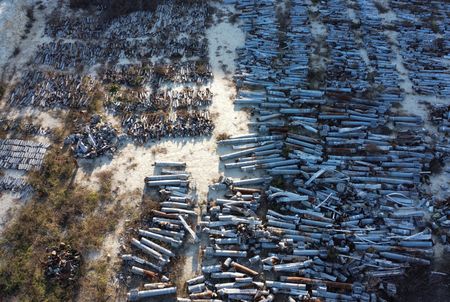By Fatos Bytyci and Edward McAllister
TIRANA (Reuters) – Albania holds parliamentary elections on Sunday in which prime minister Edi Rama is seeking an unprecedented fourth term in office after a campaign dominated by promises to join the European Union and accusations of widespread graft.
Rama, in power as head of the Socialist Party since 2013, is favourite to win against his old rival, former prime minister Sali Berisha of the Democratic Party, bolstered in part by Rama’s control over state institutions, a recent period of healthy economic growth and a largely popular image abroad.
But opposition to Rama has intensified in the past year over a perceived crackdown on the opposition, including Berisha, while Rama weathered a series of scandals of his own. These include the arrest of his ally, the mayor of Tirana Erion Veliaj, this year on allegations of corruption and money laundering.
Veliaj and Berisha deny wrongdoing.
Rama has spent the last week reiterating his promise to join the EU by the end of the decade.
“We will get our fourth mandate, and we will not lose a single day for Albania 2030 in the EU,” he said at his final campaign rally on Friday.
Still, many young voters especially are tired of the likes of Berisha and Rama who have run the country in various roles since the fall of communism in 1990.
Polls show Rama with a commanding lead over Berisha, who has been weakened by graft charges. But his party may need help from smaller parties to maintain a slim four-seat majority.
Polling stations open at 7 a.m. (0500 GMT) and close at 7 p.m. Results are expected on Monday.
“I will vote for new politicians because those like Rama and Berisha have been here for three decades and they only replace themselves,” said Arber Qazimi, 21.
An economics student called Erisa said she would not even vote and was instead looking for a way to join the hundreds of thousands of Albanians who have emigrated over the past decade, many of them to nearby EU countries.
“I am only thinking how to go out of the country to study and then stay there and never come back,” she said.
By some measures, Rama has done well. Annual economic growth above 4% for 2022-2024, driven by trade with the EU and a tourism boom, outstripped other Balkan countries, the World Bank says.
But corruption remains a huge problem, experts say, driven by criminal gangs who make billions of euros from drugs and weapons trafficking overseas and bring it back to Albania to be laundered.
(Reporting by Edward McAllister and Fatos Bytyci, editing by Louise Heavens)

